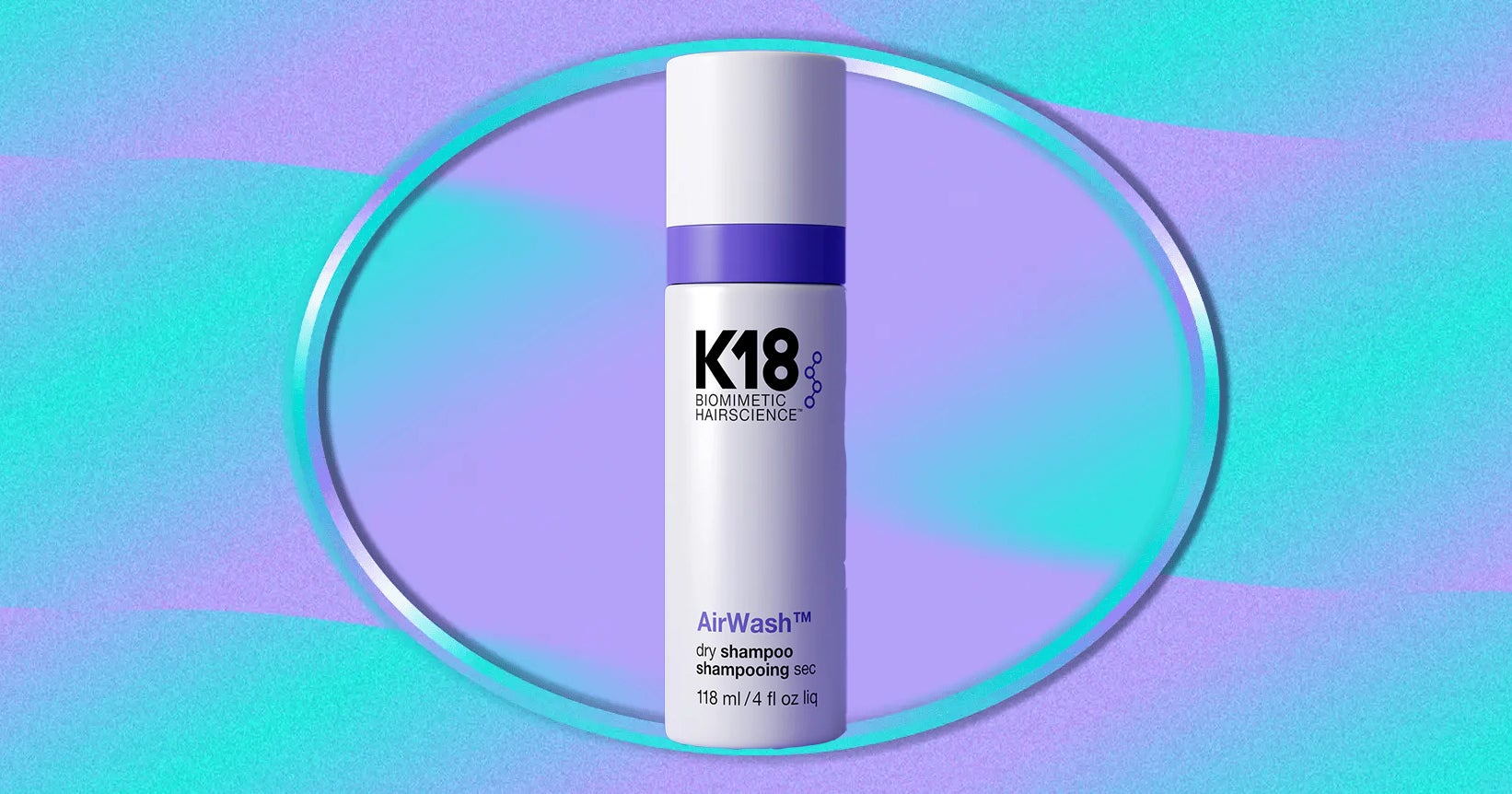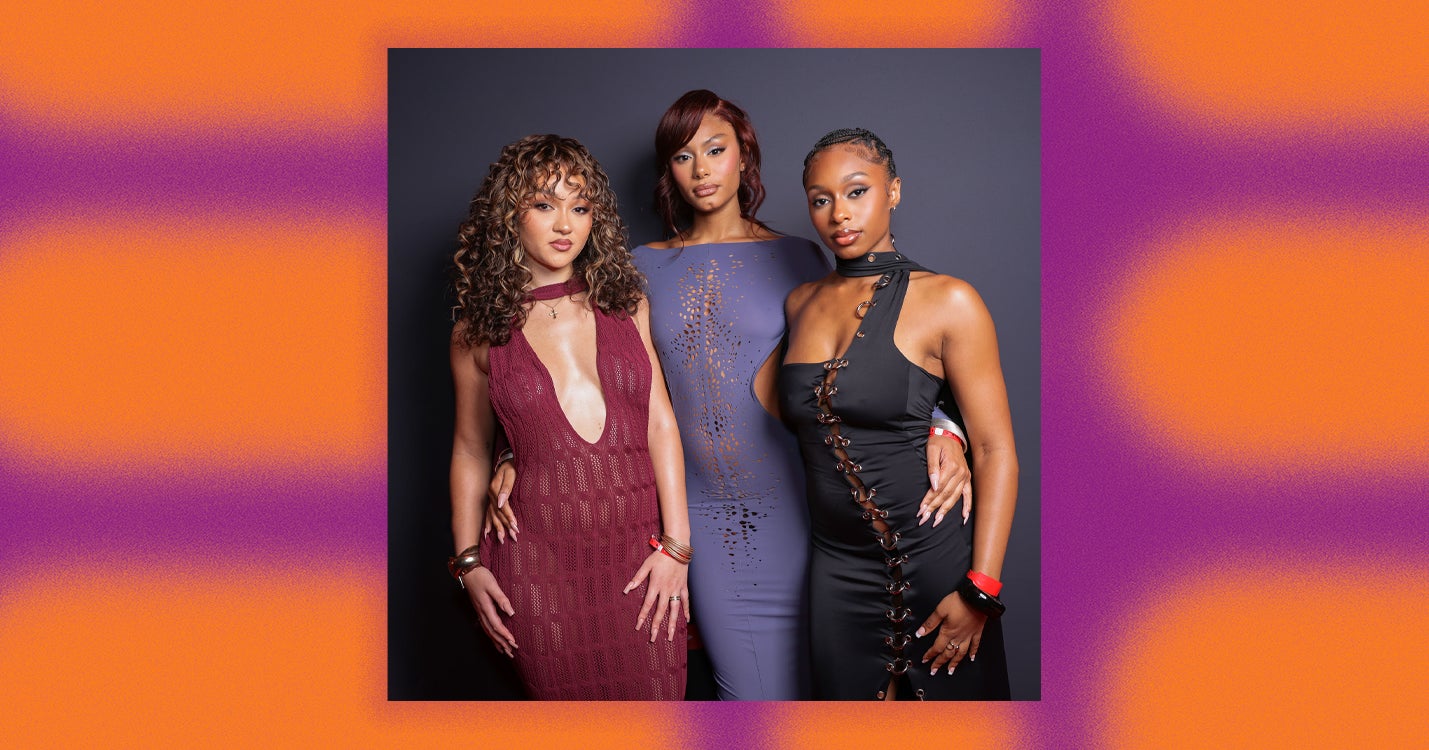In 2022, British R&B group FLO released their debut single, Cardboard Box, quickly becoming a viral sensation. It’s an anthem for anyone who’s been wronged by a cheating ex and the song marked a resurgence of strong vocals and harmonies reminiscent of R&B legends like Brandy and Destiny’s Child. With the disbanding of Little Mix, FLO (Jorja Douglas, Stella Quaresma and Renée Downer) emerged as a refreshing new force in UK pop and R&B. On Friday, after three years, FLO released their highly anticipated debut album Access All Areas.
Since its release, however, the conversation has been dominated less by its soulful sound and empowering lyrics, and more by debates over the group’s accent and language. Some Brits have expressed disappointment that FLO doesn’t sound more distinctly British, arguing that the group overuses African American Vernacular English (AAVE) in songs like In My Bag and Check. One TikTok user was confused about FLO’s accent, suggesting that the group’s British identity should be more apparent in their vocal delivery. This was echoed by listeners on TikTok and X who were either shocked to learn FLO is British, irritated by the group’s use of AAVE and wanted to hear references that reflect the British culture the group’s members come from.
Whether the criticism is valid or not, it was inevitable. Given their chart success and the relative scarcity of Black female artists in the UK music scene, it’s natural for listeners to crave an undeniably British sound. Irrespective of our hopes for this album, it’s clear from online reactions that many British Black women particularly, are so proud of them. Ultimately though, FLO was always going to pursue a distinctly R&B sound, so maybe we should have tempered our expectations of what their music was going to sound like.
Perhaps the biggest sticking point has been the group’s use of AAVE. AAVE is a unique dialect with its own grammatical structures, vocabulary, and pronunciation. It comes from African American communities in the US and according to linguists, is shaped by a history of slavery, segregation and African linguistic influences. It’s not just slang or social media speak, it’s a legitimate linguistic system recognised by academics.
In this vein, it’s understandable why some American listeners, in particular, are sensitive about the group’s use of AAVE, feeling it veers on cultural appropriation. AAVE is so deeply intertwined with African American culture that its use by those outside the culture can feel like an erasure of its origins and significance. Given FLO’s British background (all three of the group’s members are from London) and lack of direct experience with the cultural context, it could be said that their use of it, while well-intentioned, risks trivialising a dialect deeply rooted in African American culture, history and identity.
FLO’s music is heavily influenced by 2000s R&B, so, naturally, their vocal style reflects that era and its American roots.
Looking closer to home, Black British culture has its own distinct nuances and permeations, and what’s been clear from the response to Access All Areas is just how important it is for us to see this reflected in an industry that has historically failed to represent us properly. Familiar language, references and expressions are more than just a matter of an artist’s authenticity. Many of us enjoy music that captures and reflects the voice and experiences within our cultures and invokes pride and affirmation. It’s why artists adopting another vernacular can feel like a rejection of our cultural identity.
We can also look to UK R&B artists such as Jorja Smith, Shaé Universe, and RAYE, and argue they have successfully blended R&B with British slang and sound, proving that it is possible to stay true to your roots while embracing the genre.
Having said all this, I’m gently pushing back on the FLO critique.
Social media, film, and music propel AAVE terms into viral trends, becoming common phrases even in the UK. While hearing the occasional “y’all” and “finna” in conversations when in the Midlands makes me cringe (it just doesn’t sound right when we say it) the reality is that AAVE is seeping into our everyday speech.
This cross-pollination isn’t surprising when you consider American culture’s dominance. In the same way Drake uses British slang in his music, and his Canadian and American fans understand it because of global exposure to British culture, language borrowing has become the norm. FLO’s use of AAVE is no different in an era of constant language exchange.
There’s likely something to be said about the missed opportunity to showcase a British sound. But in a genre that originated in the US and has a massive fanbase across the pond, it’s a tall order to expect a new, talented R&B group not to pander to the bigger audience that loves and consumes R&B the most.
FLO’s music is heavily influenced by 2000s R&B, so, naturally, their vocal style reflects that era and its American roots.
The UK certainly has a long-standing history with girl groups, having propelled many of them, like the Spice Girls and All Saints, to global stardom. Groups featuring women of colour have arguably struggled to replicate this level of success internationally, despite the support they get from Black fans at home. Little Mix and the Sugababes, for example, haven’t been able to carry that love overseas in the same way. Some of this can be blamed on a lack of engagement and support from wider audiences, coupled with the British music industry’s tendency to undervalue artists of colour.
The Sugababes, for instance, had a strong start when they burst onto the music scene in 2000. Their debut single Overload charted in the UK Top 10 and earned them a BRIT Award nomination. However internal disputes over ownership of their name, harsh treatment and bad contracts — which band member Keisha Buchanan has spoken out about — made it difficult for them to sustain this success.
The issue extends beyond music. Unfortunately, many Black creatives face similar barriers, often needing to go abroad to access the roles and opportunities offered in the US with significantly more investment in the arts.
There have been instances where British artists have used their UK popularity to break into the American market but few have done it seamlessly. In a recent interview with British GQ, London rapper Central Cee spoke about how important it was for him to shoot the video for his breakout song band4band in London. He wanted both his and rapper Lil Baby’s (who features on the song) audiences to experience the essence of London and bring his hometown to a massive global audience. Today, the video has over 160 million views on YouTube.
Lil Baby’s feature no doubt played a role in the song’s international success but collaborating with American artists doesn’t always guarantee international recognition for Black British female artists. Some could suggest we haven’t seen similar numbers since Estelle and Kanye West’s 2008 hit, American Boy. As a male artist, Central Cee also has the freedom to make these kinds of decisions in his career whereas Black British women haven’t always had the same agency in shaping their path. Arguably, British rap is in a place globally where it can be leveraged in ways British R&B hasn’t quite reached yet.
Access All Areas begins with a spoken interlude narrated by Cynthia Erivo in the actor’s distinct and unmistakable English accent. Perhaps this proves FLO are aware of the discourse — and aren’t shy about repping where they come from. Still, if FLO, an undeniably talented group of women, hopes to achieve the kind of global success enjoyed by iconic groups like Destiny’s Child, it makes so much sense to pander to the US market. That’s the industry’s fault, not theirs.
Like what you see? How about some more R29 goodness, right here?




![21st Nov: Tyler Perry's A Madea Christmas (2013), 1hr 39m [PG-13] – Streaming Again (5.55/10)](https://occ-0-171-1722.1.nflxso.net/dnm/api/v6/Qs00mKCpRvrkl3HZAN5KwEL1kpE/AAAABTb_fgRnqbWyKxl3FFEWeG7Vud7N_kKIxZGyspZ6J8BxMaJw_jT7iiromOZE-Qtq5dLGTld43RskXIHhdi8-OzcqZpOIDz6ZyLHh.jpg?r=d73)










